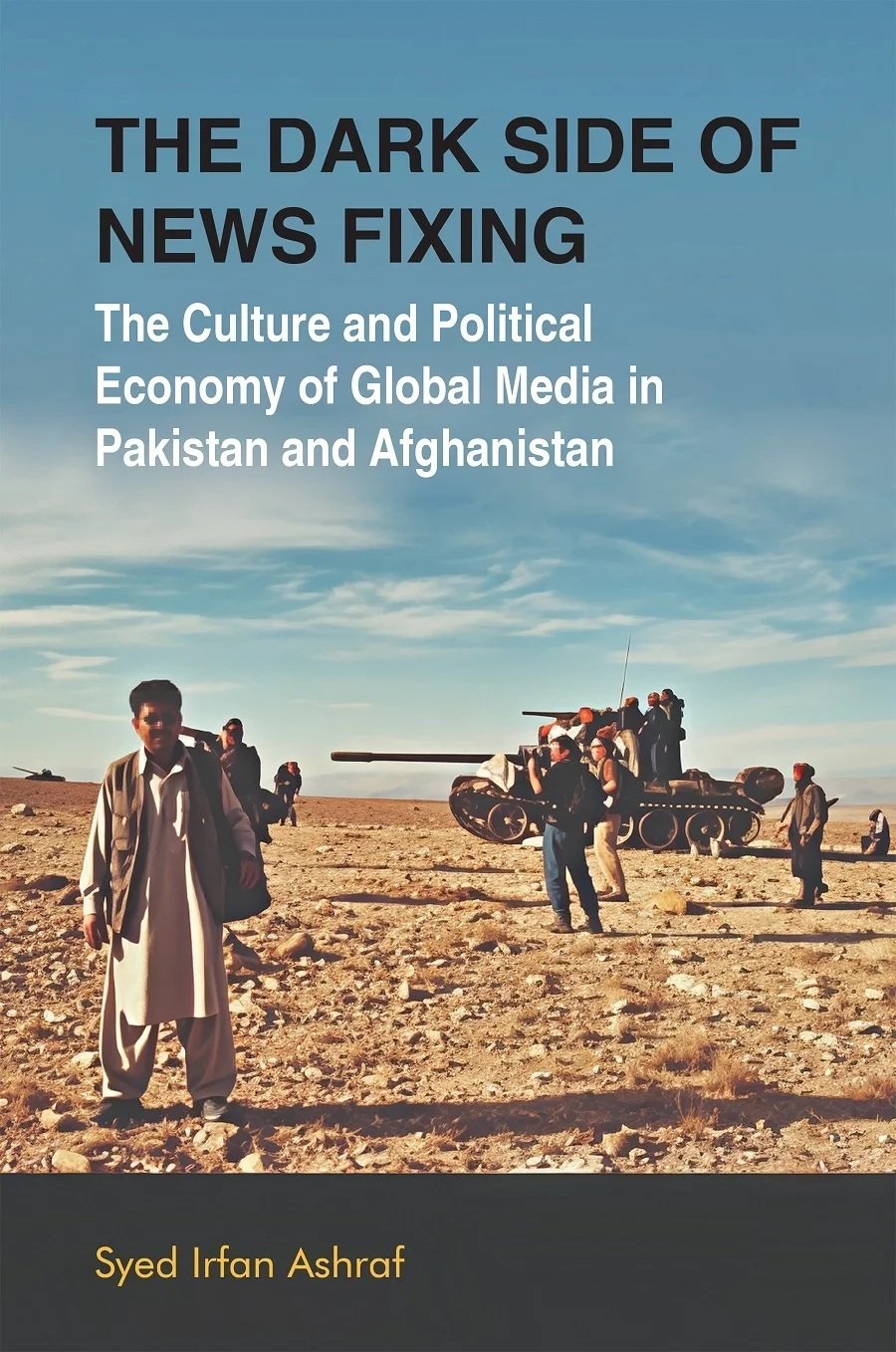The Adani group’s proposed 1,600 megawatt power project in Jharkhand is an expensive and risky project meant to “prop up” its controversial Carmichael coal mine in Australia at the cost of Bangladesh, the Sydney-based Institute for Energy Economics and Financial Analysis (IEEFA) has claimed in a report.
The Godda thermal power plant is being implemented in Jharkhand’s north-eastern Godda district by Adani group firm Adani Power (Jharkhand) Limited, which will supply the entire electricity produced by it to Bangladesh under a 25-year power purchase agreement with that country’s power agency.
The Carmichael coal mine, proposed in the Queensland province in north-eastern Australia, is one of the largest coal mines in the world and is the subject of controversy over concerns of pollution, climate change and damage to the Great Barrier Reef. The mine is on the brink of becoming a stranded asset as the Adani group has been unable to secure finance – due in part to the growing opposition to the project – to build a crucial rail link between the mine and the nearest port 400 km away. As a result the company risks losing its entire $1 billion investment in the project, it is claimed.
The IEEFA, which has opposed the Carmichael project, has argued that while Adani Power changed its coal source from a nearby coal block in Godda to imported coal, the power supply agreement with Bangladesh allowed the company to pass on all fuel costs to the country. This way, the group has been able to find a customer for the Carmichael coal without requiring to pay for the additional costs not just of the relatively expensive Australian coal but also of transporting it from Queensland to Jharkhand.
The IEEFA report argues that the power purchase agreement thus puts Bangladesh at great financial risk and will “deepen” poverty in the country, contrary to the company’s claims.
The Godda power project was originally proposed by the Naveen Jindal-led Jindal Power and Steel Limited, which had been allocated nearby Jitpur coal block as a captive fuel source for the project. The Jitpur block was de-allocated in 2014 in the wake of the Supreme Court’s decision deeming most coal block allocations in the country as arbitrary and illegal. In subsequent auctions of the coal blocks held in March 2015, Jitpur was won by the Adani group.
Soon afterward, in August 2015, it signed a Memorandum of Understanding with Bangladesh Power Development Board (BPDB) to supply all the power from the Godda plant to the country. The agreement was signed in light of a joint declaration on bilateral cooperation between India and Bangladesh signed during Prime Minister Narendra Modi’s visit to Bangladesh in June that year.
Subsequently, in 2016, the company revised its proposal for the power project to say that instead of using coal from Jitpur, barely 20 km away, it would use imported coal brought through the Dhamra port in Odisha, 700 km away. Incidentally, Dhamra Port is owned by the Adani group’s ports subsidiary. Coal mined at Jitpur was decided to be sent to the group’s beleaguered 4620-Megawatt Mundra power plant in Gujarat, over 2,000 km away from Jitpur.
“This makes little sense strategically,” the IEEFA report said. “The proposal can only be viable because the PPA gives Adani a full cost pass-through.” The PPA was signed between the Adani subsidiary and the BPDB in November 2017 to supply 1496 MW electricity (total capacity minus internal plant requirements) to the country.
The PPA terms imply that it is Bangladesh, and not the Adani group, that would not bear the impact of the magnified transportation costs and international coal price fluctuations. “It follows that the PPA is necessarily unfavourable for Bangladesh. The risk of high prices for imported coal and rail charges will not be borne be Adani, rather they will be passed through to Bangladesh.”
Based on IEEFA’s calculations, Bangladesh will pay an estimated Rs 6.65 per kiloWatt-hour of electricity from Godda, making it the country’s most expensive power source and far higher than alternate source of electricity. Even India’s largest power producer, the state-owned NTPC Limited, supplies power at an average Rs 3.21 per kWh, the report said. IEEFA argued that since most of India’s power plants are operating at just half of their full capacity, it made more sense for Bangladesh to purchase power from the existing capacity than from new plants. Further, the Godda power plant has been repeatedly delayed and its expected commissioning has been pushed from 2019 to 2022 as the company reels under high levels of debt.
Although the decision to switch to imported coal was purportedly taken because power plants are prohibited from using domestic coal for exporting electricity, the IEEFA report argued that this was a ploy to make the Carmichael project attractive to prospective lenders. Coal from the mine was originally meant to fuel the Mundra power plant, one of the largest in the country. But the Mundra power project ran into financial troubles after the Supreme Court in 2017 refused to grant it compensatory tariffs on a sudden increase in the price of coal imported from Indonesia. The company has put up the power project on ‘slump’ sale and has already reduced output to the extent that it is unable to supply to Gujarat state, one of its key customers.
“Now that the Mundra plant is unviable based on imported coal, Adani was left without a cornerstone off-taker for its Australian project … With the help of a very favourable PPA agreement that covers the additional cost of importing coal and transporting it 700 kilometres, switching to imported coal at Godda appears to be an attempt to prop up Adani’s stranded Australian coal project,” the report stated.
“While Adani Power remains an unbankable off-taker of Carmichael coal due its highly distressed financial position, an offtake agreement to Godda underwritten by a PPA with the Bangladesh Power Development Board might well be the key objective,” it added.
Indeed, Adani officials in Australia, who used to promote the coal mine as a way to lift Indians out of poverty, are now talking about helping Bangladeshis. Adani’s CEO in Australia, Jeyakumar Janakaraj told mediapersons on 26 March that coal from Carmichael will fuel the Godda plant that will help 65 million persons in Bangladesh out of poverty.
A questionnaire was sent to Gautam Adani and Mitul Thakkar (who is part of his corporate communications team), seeking a response to the IEEFA report.
“The electricity supply agreement and proposed power project have been envisaged after due diligence and prudent planning in the large interest of our neighbours - the people of Bangladesh. The said report is based on certain assumptions and inferences, which are inconsistent with the factual aspects of this initiative between the two nations. Its authors / activists have not consulted us to check the facts,” the group has responded.


